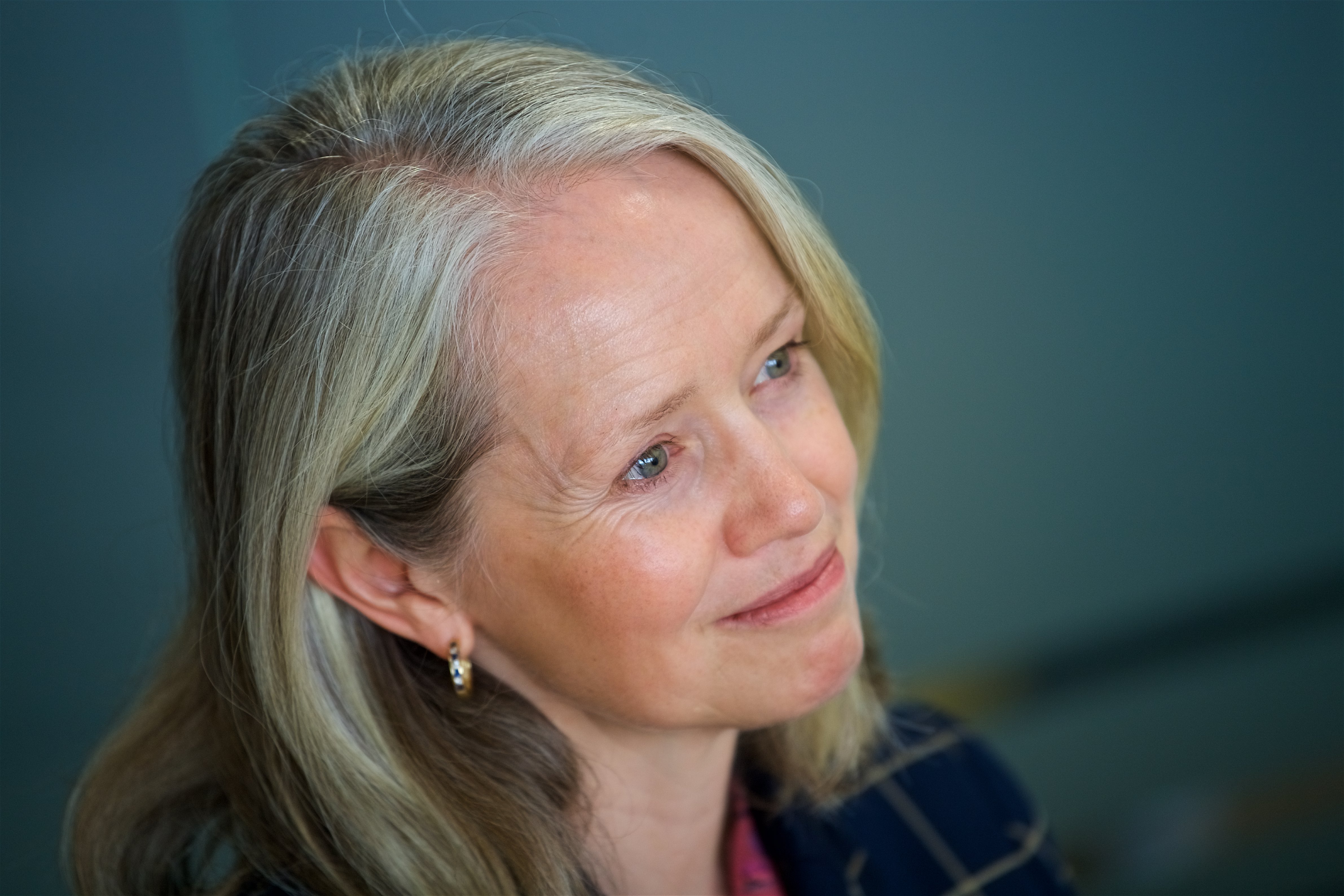


Women continue to earn less on average than men in the public sector, according to the latest gender pay gap report.
The figures show that the average hourly earnings for men were 15% higher than women last year – up from 12.4% in 2021.
However, the Government – the Island's largest employer with a near 9,000-strong workforce – has said that efforts to narrow the gap are paying off in some areas, with an increase of female employees earning £100,000 or above.
The Chief Minister said that while the 2.6% increase was a "slight downward point when we compare to the last report", she hoped it was "more of a plateau" and she was "working toward further improvement".

Pictured: The Chief Minister said she hoped the numbers represented more of a "plateau".
The report is part of an "ongoing commitment" to provide gender pay gap figures for the whole public service, she added.
On whether universal free childcare could be the answer to the gap, Deputy Moore said: "This is an area that we really want to grapple and move forward with in 2024. These figures are interconnected to childcare."
The Gender Pay Gap report (which takes into account all public employees, both in ministerial departments and the wider public sector) does not measure the difference in pay between men and women doing the same job.
Public sector employees in Jersey are paid equally for the same roles within pay groups, regardless of gender.
It compares the median and mean of hourly rates of pay on 30 June 2021 and 30 June 2022. The most accurate is the median measurement which was 15%.
In 2022, 54.8% of female employees who worked in the public sector earned less than £50,000 per annum, in contrast to 45.8% of male employees.
The report revealed that the highest gender pay gap was in Children, Young People, Education and Skills, where the proportion of females in lower paid roles is higher. The report showed that 75% of staff in that sector are women, and the median hourly pay gap for women was £23.38 and for men was £31.18.
Some roles which are lower paid, such as teaching assistants, traditionally attract more women. For example, 90% of teaching assistants are female while 60% of doctors and consultants are male.
The median hourly pay for female doctors and consultants was £50.68 and for men was £77.18. This skew is due to a more equal split of female and male junior doctors offset by a larger number of senior male consultants.
The report also showed that the number of female employees earning between £141,000 and £175,000 has increased, which has resulted in a reduction in the "mean" pay gap. However, the number of male employees earning between £93,000 and £140,000 has increased, resulting in the slight increase in the median gender pay gap.
Data also showed that in all departments women were more likely to work part-time than men. For example, 28% of women working in Health and Community Services were part-time, while only 8.3% of men in that department worked part-time hours.
The report states: "The higher volume of female employees in part-time roles compared to males is indicative of the known issue that many females are typically the main carers and reduce their working hours to accommodate, in comparison to males."
These efforts include revised family-friendly policies to increase the amount of paid time off for parents, flexible working, apprenticeship schemes, and inclusive recruitment strategies.
Comments
Comments on this story express the views of the commentator only, not Bailiwick Publishing. We are unable to guarantee the accuracy of any of those comments.